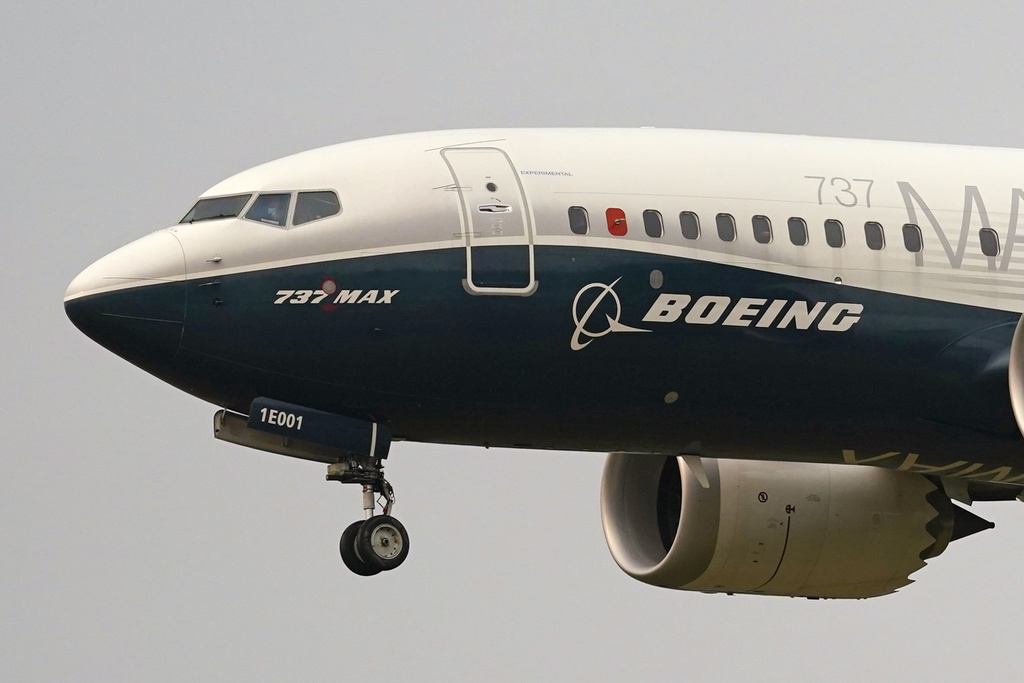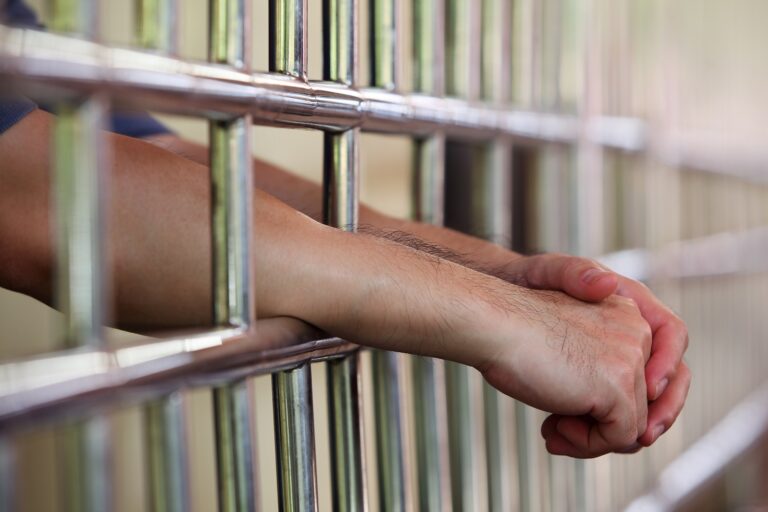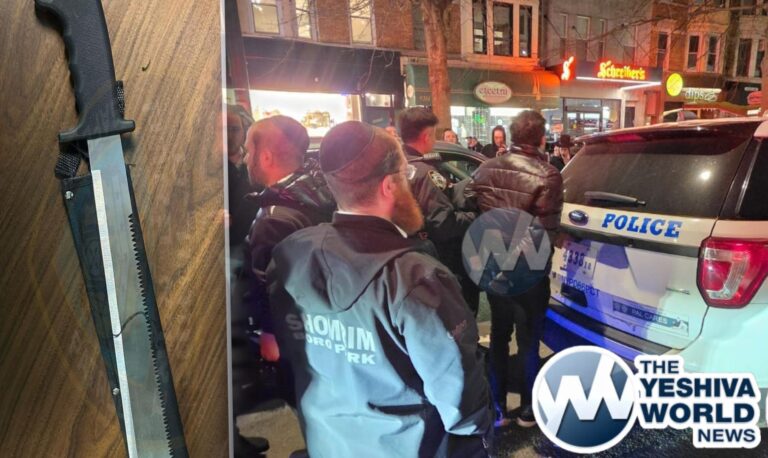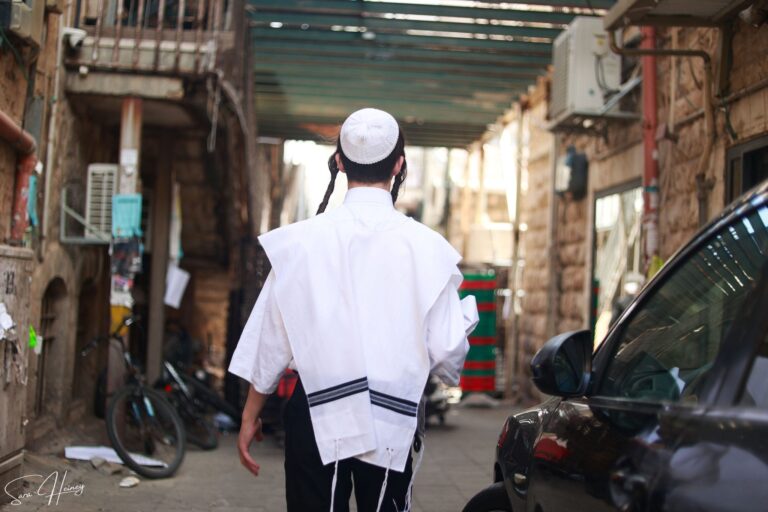Boeing discovered another problem in some of its 737 fuselages that may delay deliveries of about 50 aircraft in the latest quality gaffe to plague the manufacturer.
Improperly drilled holes were discovered by Spirit AeroSystems, a major supplier that provides Boeing with fuselages, according to a letter from Stan Deal, CEO of Boeing’s commercial airplanes division.
“While this potential condition is not an immediate safety issue and all 737s can continue operating safely, we currently believe we will have to perform rework on about 50 undelivered planes,” Deal said in a letter to employees that was shared Monday.
Boeing and Spirit AeroSystems are facing intense scrutiny over the quality of their work after an Alaska Airlines 737 Max 9 was forced to make an emergency landing on Jan. 5 when a panel called a door plug blew out of the side of the plane shortly after takeoff from Portland, Oregon.
The NTSB is investigating the accident, while the Federal Aviation Administration investigates whether Boeing and its suppliers followed quality-control procedures.
Shares of the The Boeing Co., already down 20% this year, slipped another 3% at the opening bell Monday.
Problems with Boeing jets have opened a potential rift with some of its biggest customers. United Airlines CEO Scott Kirby said last month that the carrier will consider alternative aircraft in the future, and Alaska Airlines CEO Ben Minicucci told “NBC Nightly News that “I am more than frustrated and disappointed. I am angry.”
Alaska Airlines and United Airlines, the only other U.S. airline flying the Max 9, reported finding loose hardware in door plugs of other planes they inspected after the accident. The FAA grounded all Max 9s in the U.S. the day after the blowout. Two weeks later, the agency approved the inspection and maintenance process to return the planes to flying.
Alaska Airlines and United Airlines have begun returning some to service.
Boeing, based in Arlington, Virginia, said last week it was withdrawing a request for a safety exemption needed to certify a new, smaller model of the 737 Max airliner. Boeing asked federal regulators late last year to allow delivery of its 737 Max 7 airliner to customers even though it does not meet a safety standard designed to prevent part of the engine housing from overheating and breaking off during flight.
(AP)











